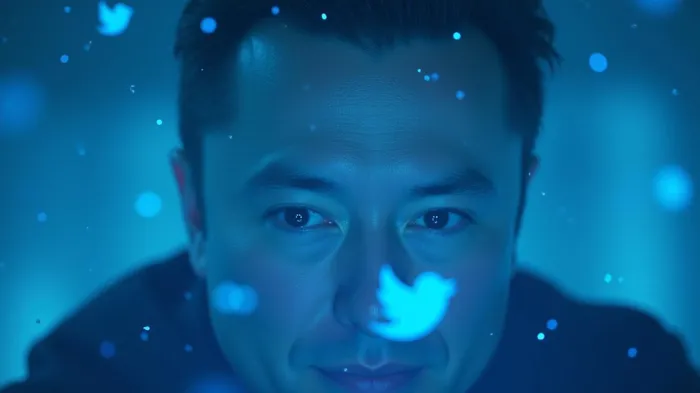Elon Musk Eyes Terawatt Compute for Twitter, Platform Faces Censorship and Misinformation Challenges
Twitter, the social media platform, has been at the center of various discussions and developments. Elon Musk, the CEO of Twitter, recently shared his thoughts on the platform's computational capabilities. He mentioned that he has been contemplating the fastest way to bring a terawatt of compute online, which is roughly equivalent to all the electrical power produced in the United States today. This statement highlights Musk's ambition to leverage Twitter's infrastructure for significant computational tasks, potentially paving the way for innovative applications and services.
Twitter has faced censorship in several countries, currently blocked in seven regions around the world. This censorship affects the accessibility of the platform and limits the free flow of information in these regions. The reasons for the censorship vary, but it underscores the challenges that social media platforms face in maintaining global accessibility.
In addition to its technical and accessibility issues, Twitter has also been a hotbed for the spread of misinformation, particularly regarding health topics. A study conducted in April 2022 surveyed 263 US parents of children aged 7-10 years to understand their perceptions of misinformation about the human papillomavirus (HPV) vaccine circulating on Twitter. The study found that almost 25% of tweets about the HPV vaccine contained misinformation, and these tweets received higher audience engagement than accurate ones. The types of misinformation that parents found most concerning included negative emotional appeals, pharmaceutical company skepticism, invoking governmental authority, and mentioning health concerns such as hospitalization, paralysis, and infertility. This highlights the need for targeted interventions to combat misinformation and increase vaccine uptake.
The study's findings suggest that counter-messaging campaigns and interventions should focus on the types of misinformation that parents find most concerning. By addressing these specific concerns, researchers and health organizations can develop more effective strategies to combat misinformation and promote accurate information about vaccines. This approach could ultimately lead to increased vaccine uptake and better public health outcomes.
Twitter's role in spreading misinformation and its technical capabilities continue to be areas of interest and concern. As the platform evolves, it will be crucial for stakeholders to address these issues to ensure that Twitter remains a reliable source of information and a powerful tool for communication.

Quickly understand the history and background of various well-known coins
Latest Articles
Stay ahead of the market.
Get curated U.S. market news, insights and key dates delivered to your inbox.



Comments
No comments yet